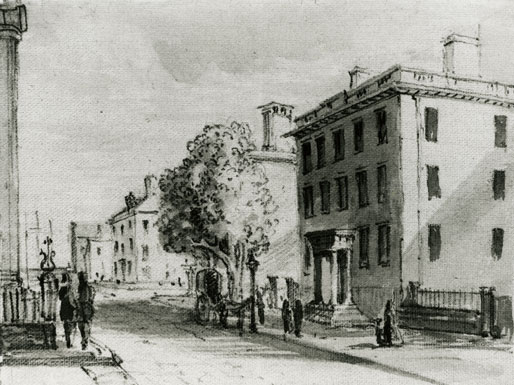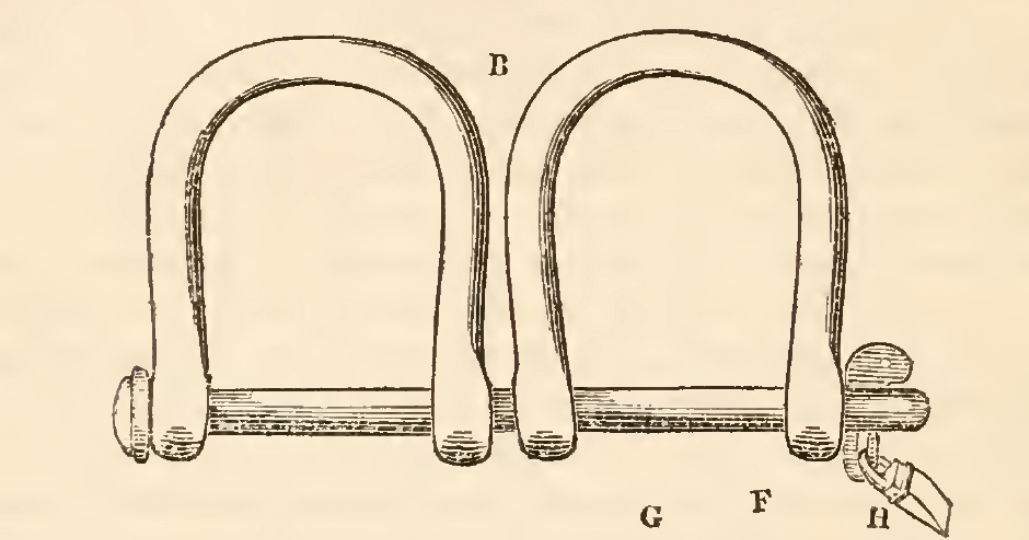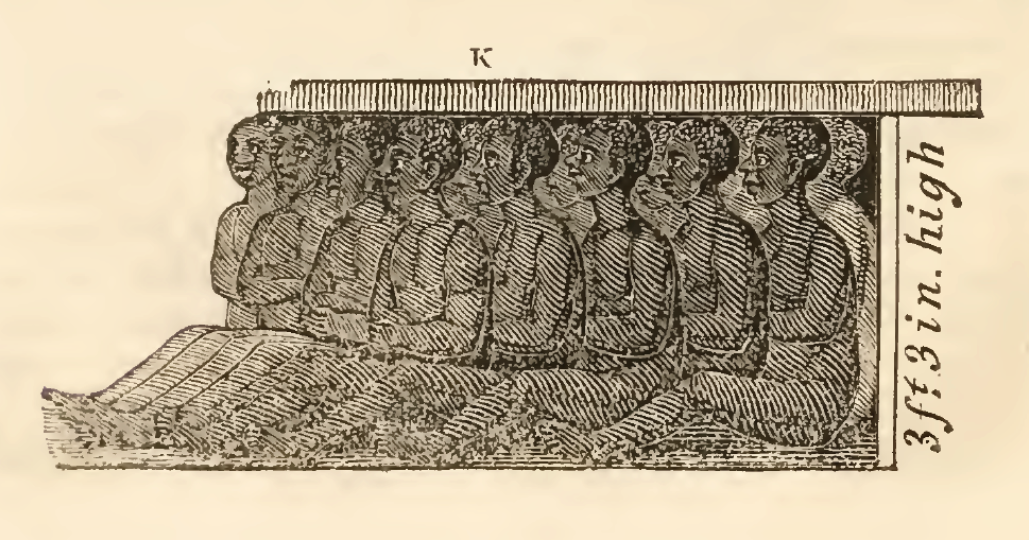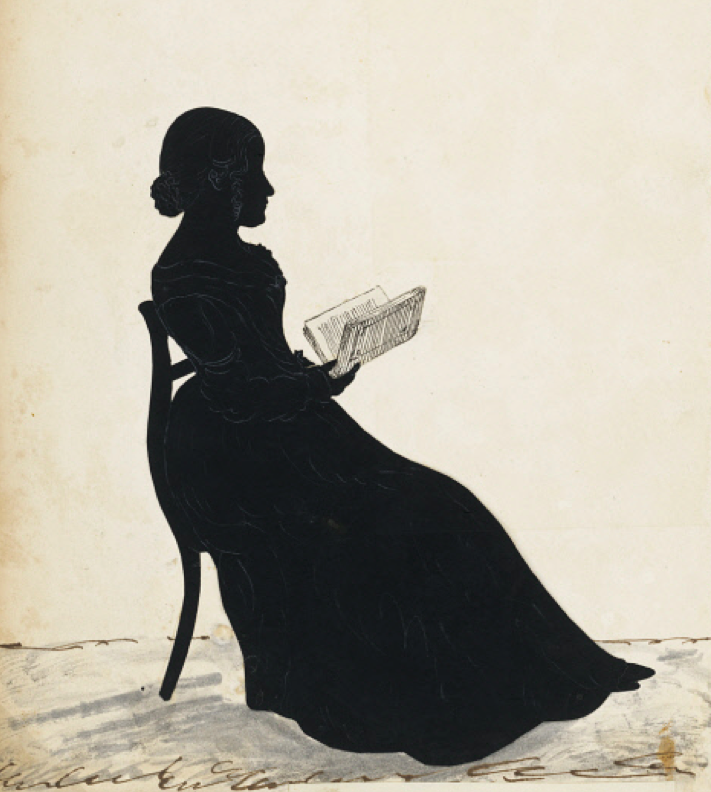“While we bestow our earnest disapprobation on the system of slavery, let us not flatter ourselves that we are in reality any better than our brethren of the South. …[T]he form of slavery does not exist among us; but the very spirit of the hateful and mischievous thing is here in all its strength. … Our prejudice against colored people is even more inveterate than it is at the South. …[O]ur cold-hearted, ignoble prejudice admits of no exception—no intermission. …[S]uch a general apathy prevails and the subject is so seldom brought into view, that few are really aware how oppressively the influence of society is made to bear upon this injured class of the community.” — Lydia Maria Child, An Appeal in Favor of that Class of Americans Called Africans, 1833.
Inspired by Garrison, Child began to research slavery, using her privileges at the Boston Athenæum. The result was An Appeal in Favor of that Class of Americans Called Africans. When it was published in 1833, it was the first antislavery work published in book form in America.
"As it was the first anti-slavery work ever printed in America in book form, so I have always thought it the ablest; that is, it covered the whole ground better than an other." — Thomas Wentworth Higginson, Contemporaries, 1899.

The Boston Athenaeum at Pearl Street, 1830s. [Courtesy of the Boston Athenaeum.]


